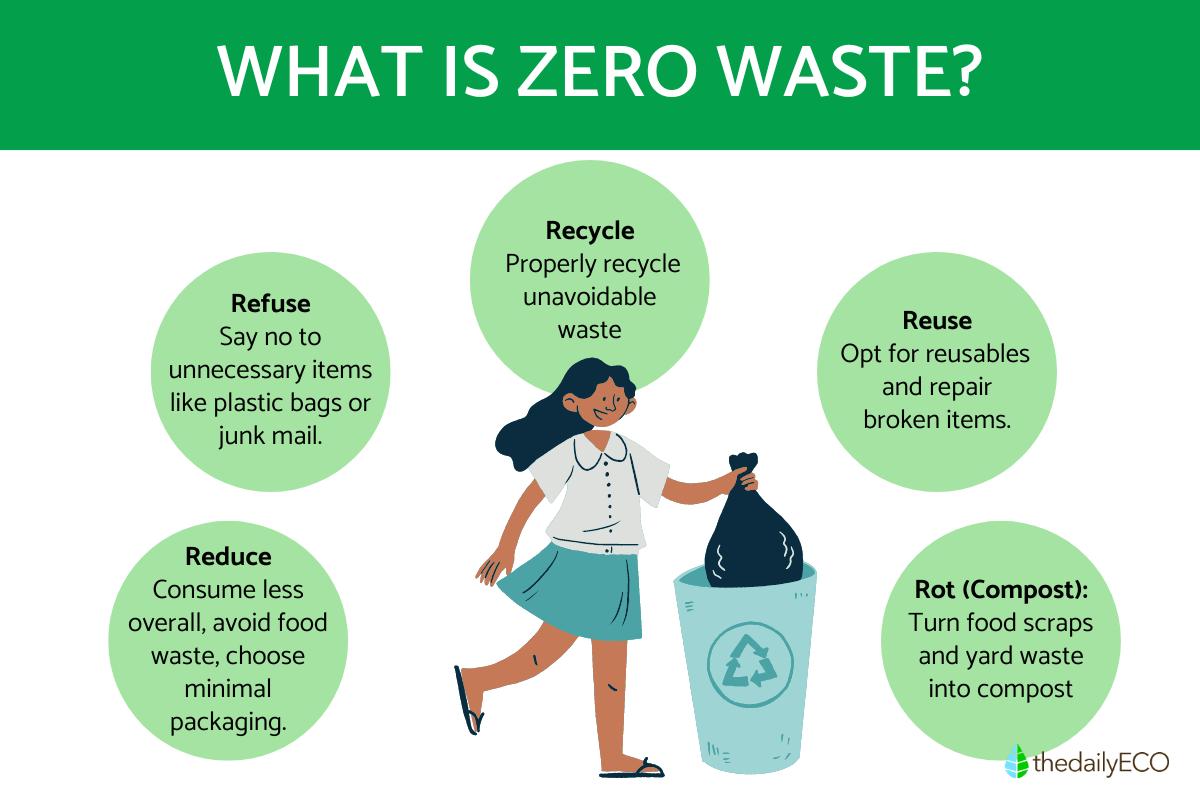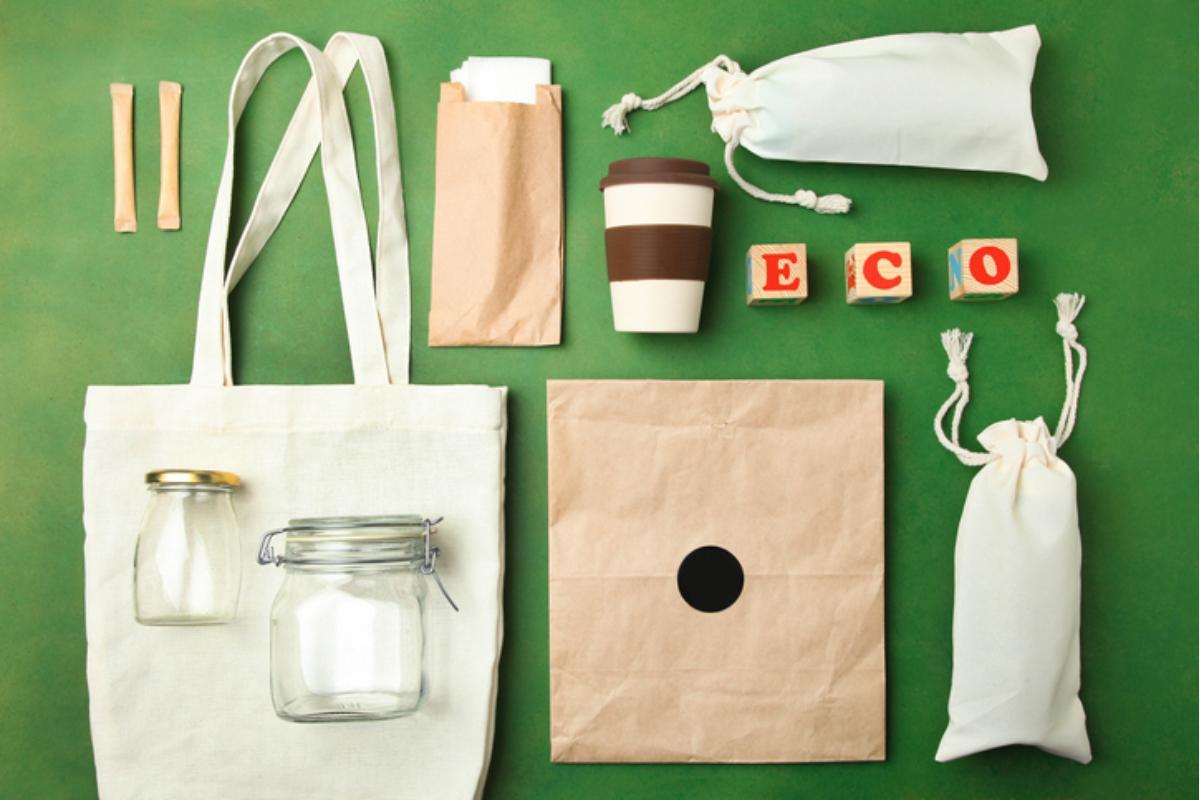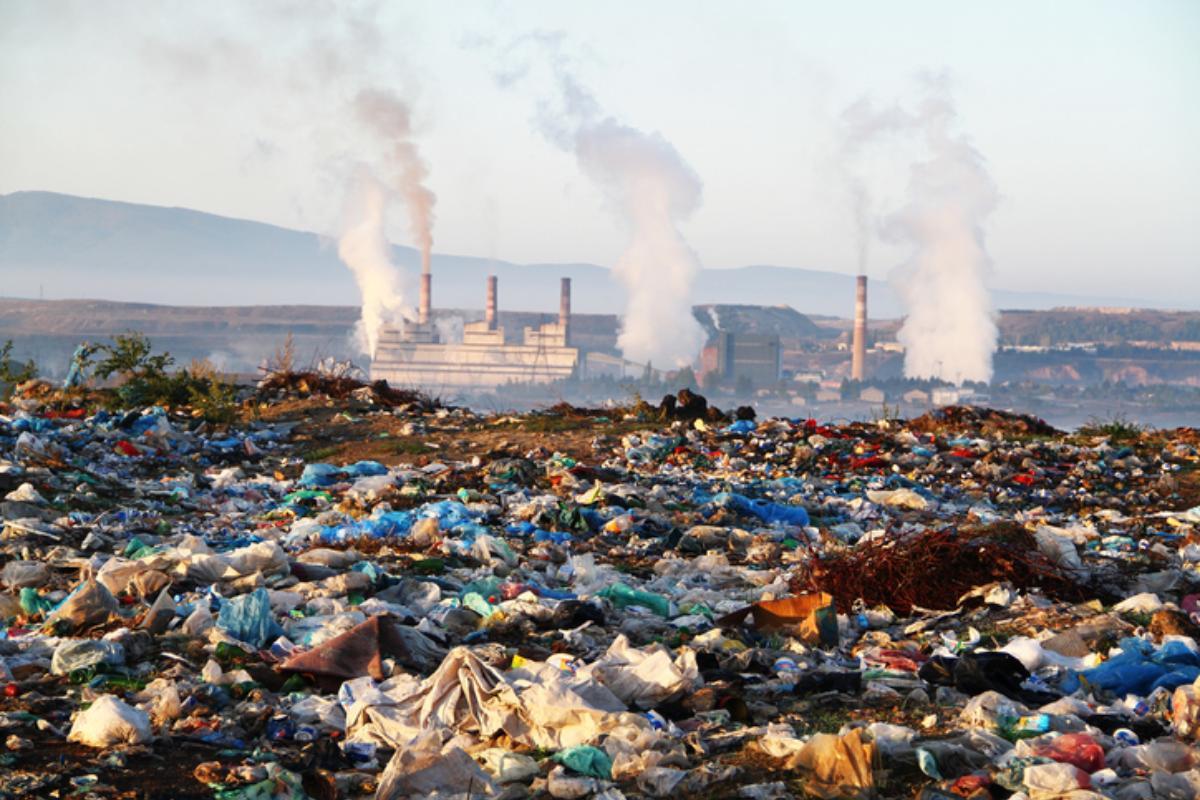What Does It Mean to Live Zero Waste?


Our planet is groaning under the weight of our waste. Landfills are overflowing, plastic is polluting our oceans, and the relentless "buy-use-throw away" cycle is taking its toll on the environment. If you are also feeling overwhelmed by plastic waste and want to make a real difference in reducing your overall footprint, you have come to the right place. Zero waste is a philosophy and a set of actions that aim to minimize the amount of waste we generate and to make conscious choices throughout our daily lives, from the products we buy to how we dispose of them.
In the following article by thedailyECO, we explain what zero waste is, why it is so important, and practical steps you can take today to start reducing your waste footprint.
What is zero waste?
The zero waste philosophy, as its name implies, focuses on minimizing the generation of waste to the greatest extent possible and eliminating existing waste through reuse and recycling. A core pillar of zero waste is promoting the creation and use of products made from reusable and recyclable materials, ensuring they are durable. For example, using a cloth shopping bag instead of a plastic one aligns with this philosophy.
It's important to note that achieving absolute zero waste is not possible. Waste, defined as leftover material from any process (e.g., exhaling CO2), is inevitable in nature. The goal of the zero waste movement is to reduce waste to the bare minimum, particularly targeting the most polluting types, and to eliminate items that can no longer be used. In nature, waste is constantly being repurposed, so there is no "natural waste" that cannot be reused by the ecosystem.
The ultimate goal of zero waste is to create a closed-loop system where all materials are either reused or recycled into new products, minimizing the need for virgin resources and reducing our environmental footprint.
Want to delve deeper? Check out our other article where we explore the intricacies of waste management.

Where did the zero waste movement originate?
In the 1970s, Paul Palmer's work on reducing chemical waste highlighted the illogicality of creating durable materials like plastics for single-use items. This sparked a broader movement towards minimizing waste and promoting sustainable practices.
The 1980s saw Daniel Knapp's concept of Total Recycling, emphasizing closed-loop systems and salvaging materials, lay the groundwork for the modern zero-waste movement.
The 1990s witnessed the rise of "No Waste" in Australia, evolving into "Zero Waste" with the first conference held in New Zealand in 2000.
The zero-waste movement is a culmination of historical resourcefulness, the concept of Total Recycling, and ongoing efforts to create a more sustainable future. As people become increasingly environmentally conscious, it continues to evolve and gain momentum around the world.
For a more comprehensive picture of zero waste, explore the different categories of solid waste we produce. This knowledge can help you identify areas to reduce your own waste footprint.
Why is zero waste important?
If you still have doubts about the importance of adopting a zero waste lifestyle, consider these staggering statistics about global waste:
- We dump millions of tons of plastic into the seas and oceans, with 165 million tons accumulated in recent years.
- In the last half-century, plastic production has increased twentyfold, and scientists predict it will triple to 1,100 million tons in the next 30 years.
- By 2050, there could be 1.1 tons of plastic for every 3 tons of fish in the oceans, potentially resulting in more plastic than fish.
- Despite this, we discard nearly 95% of plastic packaging after just one use, leaving it to accumulate in the environment.
- Around 8 million metric tons of plastic enter the oceans each year, equivalent to dumping a garbage truck of plastic every minute.
- Only about 9% of all plastic waste ever produced has been recycled, while about 12% has been incinerated, and the rest, 79%, has accumulated in landfills, dumps, or the natural environment.
- Microplastics, tiny plastic particles, have been found in 94% of tap water in the United States and in significant quantities in other countries, posing potential health risks.
- Plastic pollution affects over 700 marine species, with some studies estimating that 90% of seabirds have ingested plastic.
- Landfills, where much of our waste ends up, produce methane, a potent greenhouse gas that contributes to climate change, making waste reduction critical for environmental health.
These facts underscore the urgent need to reduce waste and adopt more sustainable practices.
Curious how everyday choices can impact our oceans? Learn about the hidden dangers of plastic pollution.

What are the 5 rs of zero-waste?
The 5 Rs in zero waste are a hierarchy of principles that guide us towards minimizing the amount of waste we generate. They prioritize avoiding waste in the first place and then focus on responsible management of what can't be avoided. Here's a breakdown of each:
- Refuse: this is the most crucial step. It involves saying "no" to unnecessary items that ultimately become waste. Examples include refusing plastic bags at the store, opting out of junk mail, or avoiding single-use disposable products.
- Reduce: focus on consuming less overall. This can involve buying only what you need, planning meals to avoid food waste, or choosing products with minimal packaging.
- Reuse: extend the lifespan of existing items by giving them a second life. Opt for reusable alternatives like water bottles, shopping bags, and coffee cups. Consider repairing broken items instead of replacing them.
- Recycle: when items can't be refused, reduced, or reused, prioritize proper recycling. Make sure you understand what materials your local program accepts and sort your recyclables accordingly.
- Rot (Compost): organic waste like food scraps and yard trimmings can be composted to create nutrient-rich soil for your garden. This diverts organic materials from landfills and creates a valuable resource.
Learn the differences between compost and fertilizer in this other article.
How to start living a zero waste lifestyle?
Starting a zero waste lifestyle may seem overwhelming at first, as it involves a significant shift in mindset and daily habits. However, by following these practical tips, you'll find the transition easier and more manageable:
Consult zero waste blogs and communities
Explore a variety of zero waste blogs and websites to gather ideas and inspiration from people already living this lifestyle. Following multiple sources can provide diverse perspectives and tips. Additionally, joining zero waste communities and forums allows you to share experiences, exchange ideas, and ask questions.
Reduce consumption
Reducing consumption is crucial to addressing pollution. Make a conscious effort to buy only what you need, avoiding impulse purchases driven by attractive packaging or other superficial qualities.
Use eco-friendly bags
Switch from plastic bags to eco-friendly options like cloth, paper, or cardboard bags. This simple change significantly reduces plastic waste in the environment.
Buy in bulk
Purchase staples like grains, nuts, and seeds in bulk to minimize packaging waste. Opt for containers you can reuse or refill. Many supermarkets and organic stores now offer bulk options, reducing the amount of plastic and cardboard waste you generate.
Use bars of soap
Switch to bar soap instead of liquid soap, shampoo, or detergent. Bar soaps are more economical and help reduce plastic waste since they typically come with minimal packaging.
Use a water filter
Installing a tap water filter can significantly reduce your reliance on plastic water bottles, helping to decrease plastic waste.
Give a second life to clothes
Buy second-hand clothes in good condition and donate your unused clothing to those in need. For clothes that are no longer wearable, repurpose them creatively or use them as cleaning rags to maximize their utility.
Reuse and recycle
Complete the 3Rs—reduce, reuse, recycle—by finding new uses for materials and repairing items instead of discarding them. Think creatively about how to extend the life of your possessions and ensure that recyclable materials are properly sorted and processed.
Borrowing and renting
Many items are used infrequently. Reach out to your network to see if someone has a power tool, camping gear, or formal outfit you can borrow for the specific occasion. This saves you money and reduces overall consumption. Also, for larger items or specialized equipment, consider renting them instead of buying. Rental services are readily available for tools, party supplies, clothing for formal events, and even furniture. This reduces clutter in your own home and minimizes the need for additional manufacturing.
Go paperless
Paper production has a significant environmental impact. Opt for electronic versions of bills and statements from your bank, credit card companies, and utility providers. Many stores offer the option to receive receipts digitally via email or text message. This eliminates the need for paper receipts and keeps your records organized electronically. Utilize cloud storage services or online document management tools to store important documents, contracts, and receipts. This not only reduces paper usage but also makes them easily accessible from any device.
Learn how to identify the different plastic types to make informed choices about what you buy and discard.

If you want to read similar articles to What Does It Mean to Live Zero Waste?, we recommend you visit our Recycling and waste management category.
- The New Plastics Economy: Rethinking the future of plastics by World Economic Forum : https://www.weforum.org/reports/the-new-plastics-economy-rethinking-the-future-of-plastics








